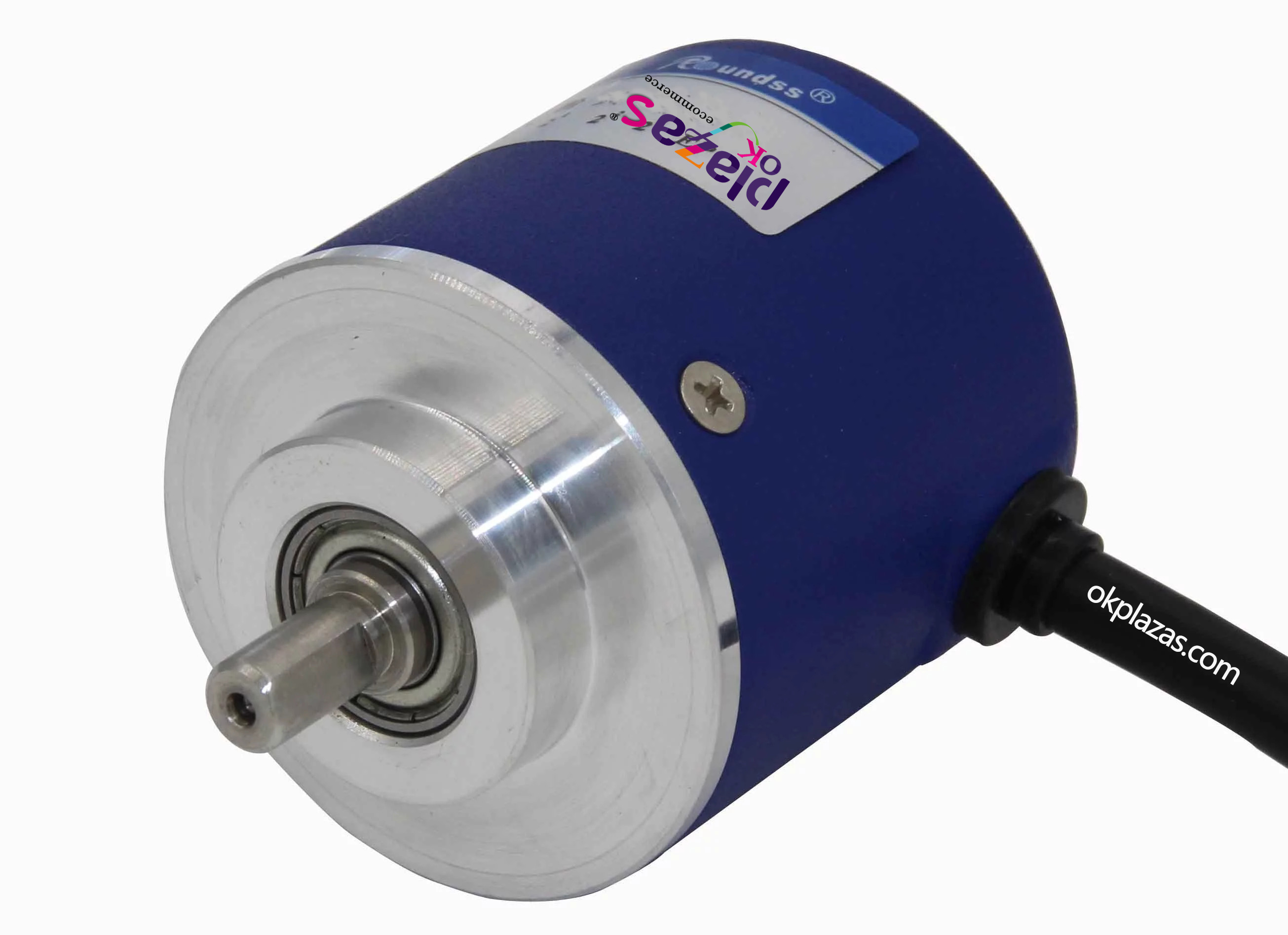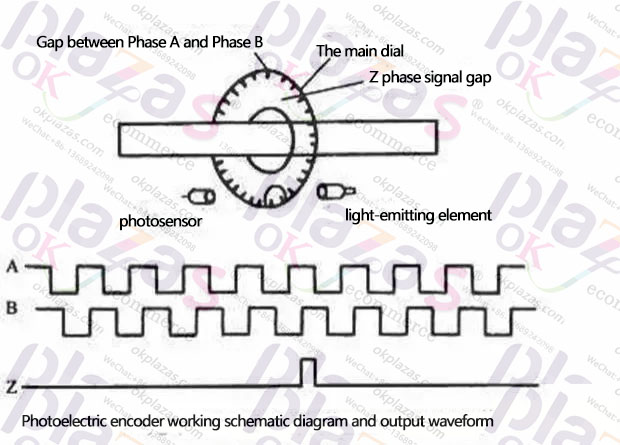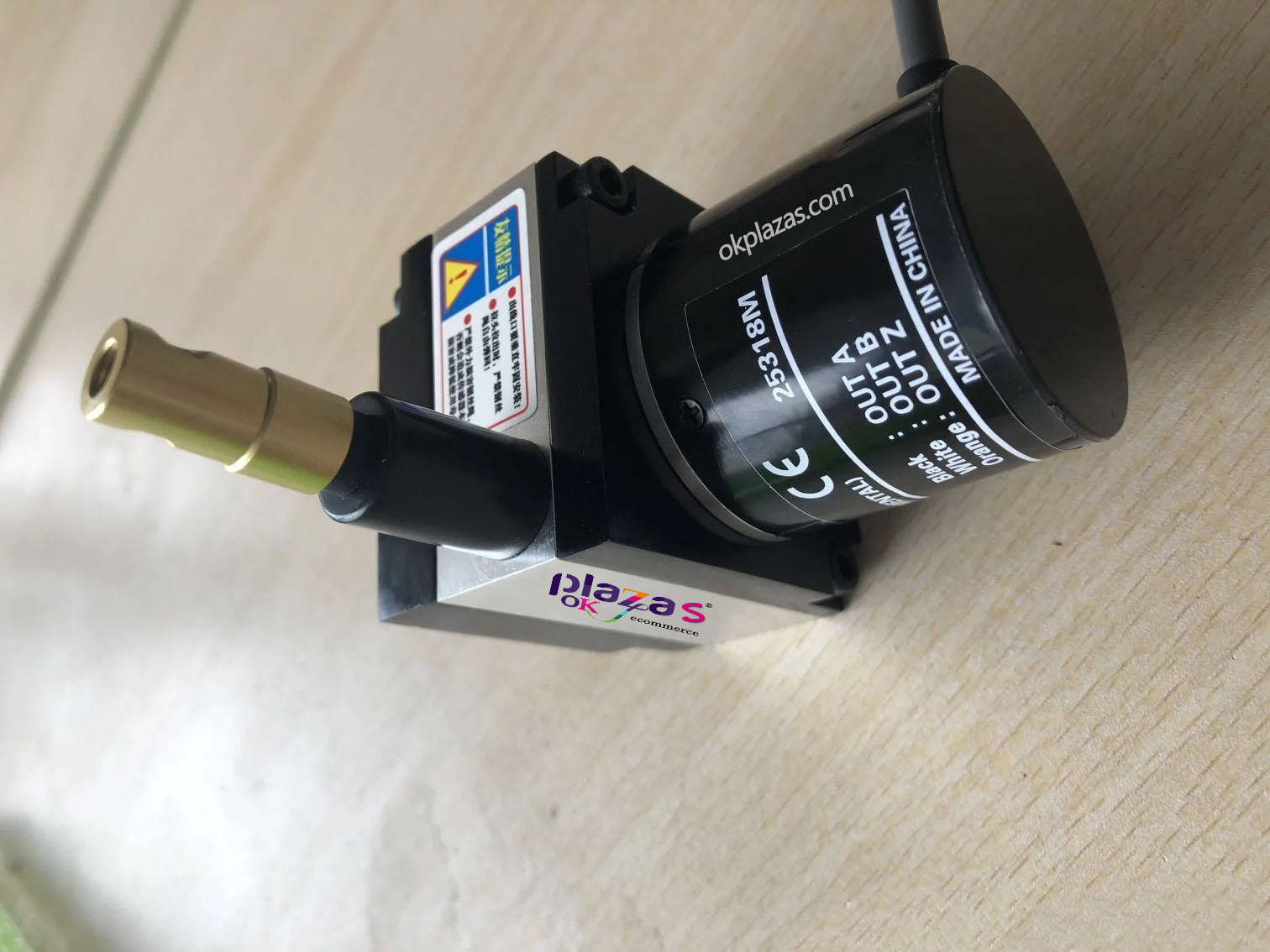Monthly Archives: December 2020
-
3 DecWhat is the composition of FB9x series self-aligning machineresolver-absolute shaft encoder In the past, the use of a self-aligning machine or resolver was a transmitter connected to one or more receivers. Now when it is used as a shaft encoder, the receiver is no longer needed. Just connect the transmitter and FB9x Connect the series angle transmitter to get the angle data output.Read more »
-
3 DecRead more »
Why choose FB9x series self-aligning machineresolver-absolute shaft angle encoder
Self-aligning machine/resolver, known for its high precision and high reliability, is mainly used in places requiring high accuracy and reliability, such as aviation, aerospace, ships, weapons, radar, fire control, missile control , Communications, etc. Compared with other types of shaft angle encoders, the self-aligning machine/resolver type has obvious advantages:
⑴ From the performance point of view: Since there are no electronic components inside the auto-aligner/resolver, there are only two sets of coils, so its vibration resistance, temperature resistance, corrosion resistance, dust and oil pollution, and interference resistance It has very good performance, can adapt to the requirements of any environment, and has extremely high reliability. The photoelectric type, grating type, and magnetoelectric type have many electronic components due to the integrated p -
3 DecRead more »
What does the encoder 1000 line mean
The number of lines is the resolution of the encoder, that is, the number of pulses sent out in one revolution. The encoder does not have frequency multiplication technology. When the receiver processes the pulses, the phase difference between the encoder output pulses (A and B phases) is used to achieve frequency multiplication. Technical. Resolution—The number of open or dark engraved lines provided by the encoder per 360 degree rotation is called resolution, which is also called resolution indexing, or directly called the number of lines, generally at 5 to 10,000 lines per revolution.
-
3 DecRead more »
Resolution, frequency multiplication and subdivision of incremental encoder
Incremental encoder code disc is composed of many grating lines. There are two (or 4, 4 optical eyes will be discussed later) optical eyes to read A and B signals. The density of the engraved lines determines this increment. The resolution of the type encoder is the smallest change angle value that can be read. The parameter representing the resolution of the incremental encoder is PPR, which is the number of pulses per revolution, for example, 360 lines per revolution, A and B output 360 pulses per revolution, and the resolution parameter is 360PPR.
So what is the minimum angular change that this encoder can distinguish? Is it 1 degree?
The A/B output waveforms of incremental encoders generally have two types, one is a square wave signal with a steep rising edge and a steep falling edge, and the other is a Sin/Cos with a slow rise and fall, and the waveform is si -
3 DecRead more »
Selection of the encoder of the cable-type displacement sensor
Selection of the encoder of the cable-type displacement sensor
Nowadays, the application range of the rope displacement sensor is wider and wider, and the range is also varied and the models are various. So what is the range of the most widely used rope displacement sensor? Which model is it?
The editor of okplazas.com will introduce today according to the applicable scope and installation situation of the tensile displacement sensor.
1. There are many equipment suitable for rope displacement sensor, the most used are electronic universal testing machine, hydraulic press, forging press and welding and cutting machinery, and the universal range of these equipment is within the range of 0-1000mm.
2. Nowadays, the requirements for location occupancy are getting higher and higher. The smaller the equipment, the better, so in order to reduce the size of the equi -
3 DecRead more »
How to realize the positioning function of encoder with PLC control
Strictly speaking, the encoder will only tell you how to position and how to execute it. It is necessary to rely on the CNC system (or PLC and other controllers) to control the servo or stepper motor to achieve positioning. The encoder is like human eyes, knowing The motor shaft or load is at a certain current position. Generally, photoelectric type encoders are used in industry. A brief explanation is given below.
-
3 DecRead more »
Socionext begins to provide H.264 video encoder based on AWS
Socionext Inc, a leading manufacturer of SoC design and application technology. ("Socionext" below) announced that it has successfully developed a high-speed, high-quality video encoder "H.264 Encoder on AWS" based on Amazon Web Services ("AWS"). Video distribution service providers can use "H.264 Encoder on AWS" to greatly shorten the video production to delivery cycle by about 70% without affecting the video quality, effectively controlling costs while increasing the quality of service and the quantity of video content.
"H.264 Encoder on AWS" is a video encoder that runs on AWS's Amazon Elastic Compute Cloud (Amazon EC2) F1 instance. It uses the most common H.264 encoding standard to meet the high requirements of video distribution services. Quality compression and high-speed processing.
AWS F1 instances use FPGAs to implement custom hardware accelerated delivery. H.264 Encode -
3 DecRead more »
The difference between video encoder h.264 and mpeg4

MPEG-4 coding technology
MPEG-4: MPEG-4 is a program suitable for low transmission rate applications. MPEG-4 is developed on the basis of MPEG-1 and MP -
3 DecRead more »
Is the resolution and accuracy of the pull-wire displacement encoder the same?-okplazas.com automation
Everyone knows that one parameter of the sensor is accuracy, but many people don’t quite understand what the accuracy is, and some people wrongly think that the accuracy is the resolution, and the resolution he does not understand what is the parameter, today The editor of Jinan okplazas.com Automation Equipment Co., Ltd. will answer this question for you.
So, are the resolution and accuracy of the pull-wire displacement encoder the same? The answer is: not the same.
-
3 DecRead more »
The pros and cons of encoder technology
In many applications, rotary encoders are the key components that make up the motion control feedback loop, including industrial automation equipment and process control, robotics, medical equipment, energy, aerospace, etc. As a device that converts mechanical motion into electrical signals, encoders can provide engineers with basic data such as position, speed, distance, and direction to optimize the performance of the entire system.
Optical, magnetic, and capacitive are the three main encoder technologies available to engineers. However, to determine which technology is best for the final application, there are some factors to consider. In order to help engineers choose the type, this article will outline the three encoder technologies of optical, magnetic and capacitive, and outline the trade-offs of various technologies.
Encoder technology overview
Optical encoder
For many ye





